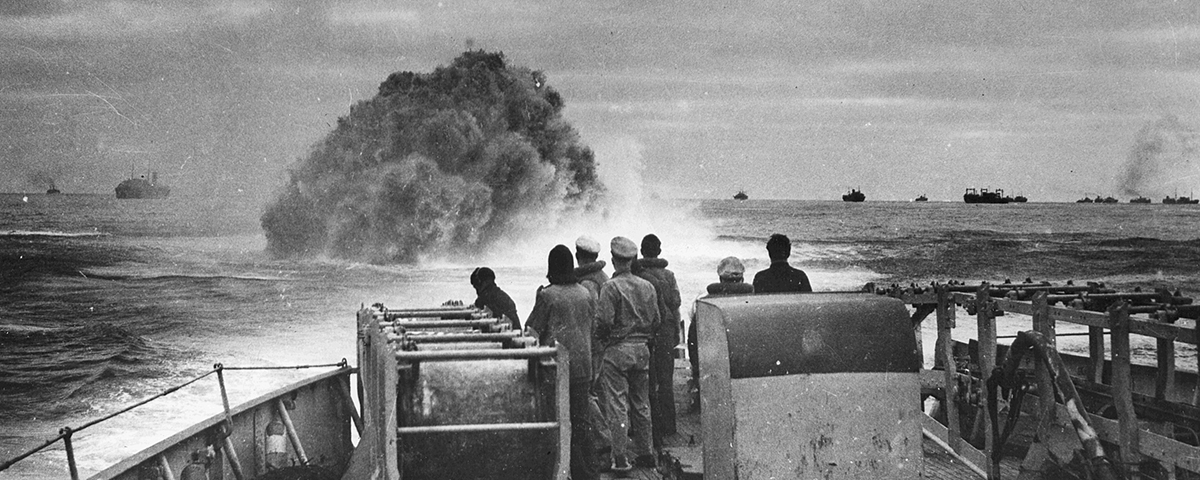When the scientists ran the numbers through their mathematical models, they found that even if air patrols did nothing but force the U-boats to hide underwater, that would be nearly as effective as sinking them outright. They also calculated that the single most important factor in overall U-boat effectiveness was the number of days each boat could remain on station at sea. One way to eat up the U-boats’ sea time was to force them to waste precious days during the perilous transit of the Bay of Biscay, the 300-by-120-mile bottleneck the subs had to traverse to and from their home ports in occupied France. Nearly constant Allied air patrols of the bay forced the U-boats to make the transit largely submerged, striking a huge blow to their effectiveness as they crept along day after day.
The targeting of the Milchkuh was the other linchpin of this strategy: each milk cow sunk played havoc with Dönitz’s carefully orchestrated schedule for keeping his wolf packs at sea. In the months following the opening blow against the U-118, Allied aircraft hit relentlessly at the refueling ships as they waited at their rendezvous points in the mid-Atlantic. By the end of 1943, 11 of the 14 milk cows that had been operating through the spring and summer were destroyed. At their peak, Dönitz’s U-boats had run wild, destroying an average of more than 40 Allied merchant ships each before their luck would run out. But the new Allied plan of attack had now so shortened their operational time that they were lucky to claim an average of 0.5 victims each before meeting their own end. From nearly 100 Allied ships being lost a month, the toll taken by the U-boats plummeted to fewer than 10 a month.
The Battle of the Atlantic was all but over. It had been won by pluck, determination, and courage; it had also been won by a few equations and an abiding British and American confidence in science.
Stephen Budiansky is the author of 12 books on military and intelligence history, science, and nature. His newest book, which will be published in January 2011 by Knopf, is Perilous Fight: America’s Intrepid War with Britain on the High Seas, 1812–1815.





